Surrogacy Laws & Process in New Hampshire

Understanding the Surrogacy Process in New Hampshire
New Hampshire is a surrogacy-friendly state with a modern statute that governs gestational agreements and court recognition of intended parents. Gestational surrogacy is permitted under N.H. Rev. Stat. Ann. 168-B (2014), which sets clear contracting requirements and provides a streamlined pathway for pre-birth parentage orders.
This law makes sure that the intended parents are legally recognized before the birth. It allows for smooth hospital discharge and proper documentation of parentage on the birth certificate.
New Hampshire’s law is inclusive, applying to married and unmarried couples, same-sex couples, and single intended parents, regardless of whether they use their own or donor gametes or embryos. Traditional surrogacy is also allowed, but it does not follow the pre-birth order process. In these cases, the legal process for parentage is handled post-birth.
Pre-Birth Parentage Orders in New Hampshire: Legal Recognition Before Birth
New Hampshire courts grant pre-birth parentage orders on an expedited basis when all required statutory steps are completed before the embryo transfer. Venue can be established in the county of the gestational carrier’s residence, the intended parents’ residence, or the child’s birthplace. Importantly, the outcome does not vary by venue under the state’s statute.
Married heterosexual couples
These couples are eligible for pre-birth recognition, whether they use their own or donor gametes, provided that all statutory requirements are met and attorney certifications are in place.
Unmarried heterosexual couples
Unmarried couples are covered statewide by the statute, as long as they execute the necessary agreements in a timely manner. All documentation must be notarized, with independent counsel involved. This protects both parties’ legal rights throughout the surrogacy process.
Married same-sex couples
Same-sex couples who are married are also eligible for pre-birth parentage orders. Their final birth certificates will list both parents as “Parent and Parent,” in line with the state’s inclusive practice for all families, ensuring legal recognition for both parents.
Unmarried same-sex couples
These couples can also obtain pre-birth orders if all jurisdictional, filing, and statutory requirements are met before embryo transfer.
Single intended parents
Single parents may obtain pre-birth orders, regardless of whether they use their own or donor gametes or embryos, under the same statutory framework that applies to couples. This provision reflects New Hampshire’s commitment to supporting all family structures, including single parents.
No genetic link for either parent
New Hampshire law allows pre-birth orders to be granted even if neither intended parent is genetically related to the child. The state's parentage laws are based on intent, confirming that gamete donors do not have parental rights. This simplifies legal processes for intended parents.
Legal Procedures and Timeframes
Kansas typically processes pre-birth parentage orders through a legal hearing. However, the intended parents do not always need to attend the hearing, though their legal representation must be present. Pre-birth orders are possible even if neither the intended parents nor the surrogate resides in Kansas, as long as there is a significant connection to the state.
The state’s vital records department will honor a pre-birth order from another state, but the order must be registered as a foreign judgment. This allows Kansas to issue the birth certificate accordingly.
The typical time frame to obtain a birth certificate after delivery is around 2-3 weeks, though expedited processing is sometimes available to shorten this to 7-10 business days.
Explore the Carrying Dreams Surrogacy Heatmap
See how New Hampshire’s expedited pre-birth pathway compares with neighboring states. The heatmap allows you to explore timing, venue, and filing details across other green-light jurisdictions. It helps intended parents understand the surrogacy process in various regions and plan accordingly.
If you have any inquiries about the surrogacy laws & process in New Hampshire, feel free to contact us today.

